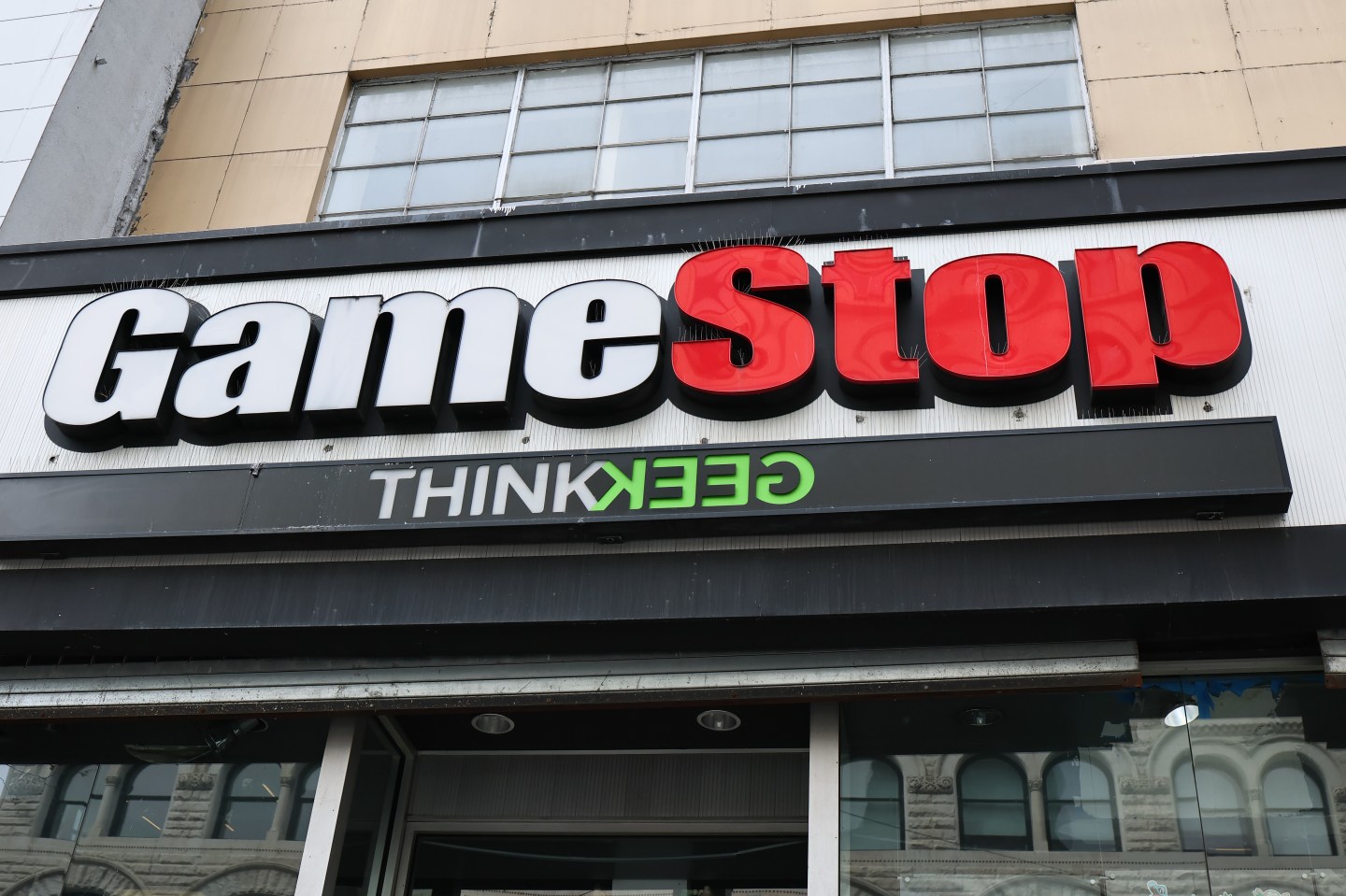The flashy artificial intelligence startup OpenAI and the semiconductor giant Nvidia are two of the most talked about companies in the world these days amid the rise of generative AI—and the skyrocketing price of Nvidia’s stock. But the average American might not recognize just how different these two AI darlings really are.
Nvidia is known as the chipmaking powerhouse of the AI boom, and it is, but the company doesn’t actually manufacture the chips itself—that’s the job of Taiwan Semiconductor Manufacturing Co. (TSMC). Instead, Nvidia designs and develops chips, then has TSMC fabricate them, before Nvidia proceeds with a complicated integration process (called packaging) and rigorous testing. Unlike OpenAI, Nvidia is not what Wall Street likes to call a “pure play” AI company—a firm that focuses on only one industry. Instead, it provides what some analysts have labeled the “pickaxes and shovels” of tech-driven, modern-day gold rushes. AI is just the latest, and by far the greatest, of these highly profitable revolutions.
Nvidia’s bread and butter has long been graphics processing units (GPUs) and system on a chip units (SoCs), which are used for everything from gaming and virtual reality to cryptocurrency mining and self-driving. It also offers other hardware products and software applications, including things like high-performance networking adapters, switches, and cables, as well as the Nvidia GeForce Now cloud gaming service.
OpenAI, on the other hand, develops and sells AI tools and application programming interfaces (APIs). It directly creates, through in-depth research and development, the AI models that millions use everyday, from its flagship generative AI chatbot, ChatGPT, to the newly released text-to-video phenom Sora. How does it run those models? That’s where Nvidia comes in. Without Nvidia’s chip designs, ChatGPT and other generative AI systems wouldn’t function.
OpenAI was founded in December 2015 by a group of research scientists and entrepreneurs that included Sam Altman and Elon Musk. It was originally intended to be an open-source nonprofit AI developer, with goals to develop safe AI and collaborate with other researchers and developers. But in the years since, OpenAI’s structure has changed. These days, the company is still run by a nonprofit parent, OpenAI Inc., but it also has a for-profit subsidiary called OpenAI Global, LLC.
There’s also a serious size difference between Nvidia and OpenAI. Shares of Nvidia—which is a public company, unlike OpenAI—have soared more than 270% in the past year alone. This rise has pushed the chip giant into the third spot on the list of the world’s largest companies, with its market cap now exceeding $1.9 trillion.
Meanwhile, OpenAI, which is still a private startup, was recently valued at $80 billion after it sold shares to venture firm Thrive Capital. For another point of comparison, OpenAI’s revenues in 2023 were reported to be around $1.6 billion. Whereas, after turning in record-setting fourth quarter earnings results on Wednesday, Nvidia’s full-year revenue for its fiscal 2024 (which is comparable to 2023) hit $60.9 billion, compared with $27 billion in fiscal 2023.
So while both OpenAI and Nvidia are AI darlings that have seen their valuations spike in recent years, they are more like siblings with similar DNA but dramatically different personalities.













